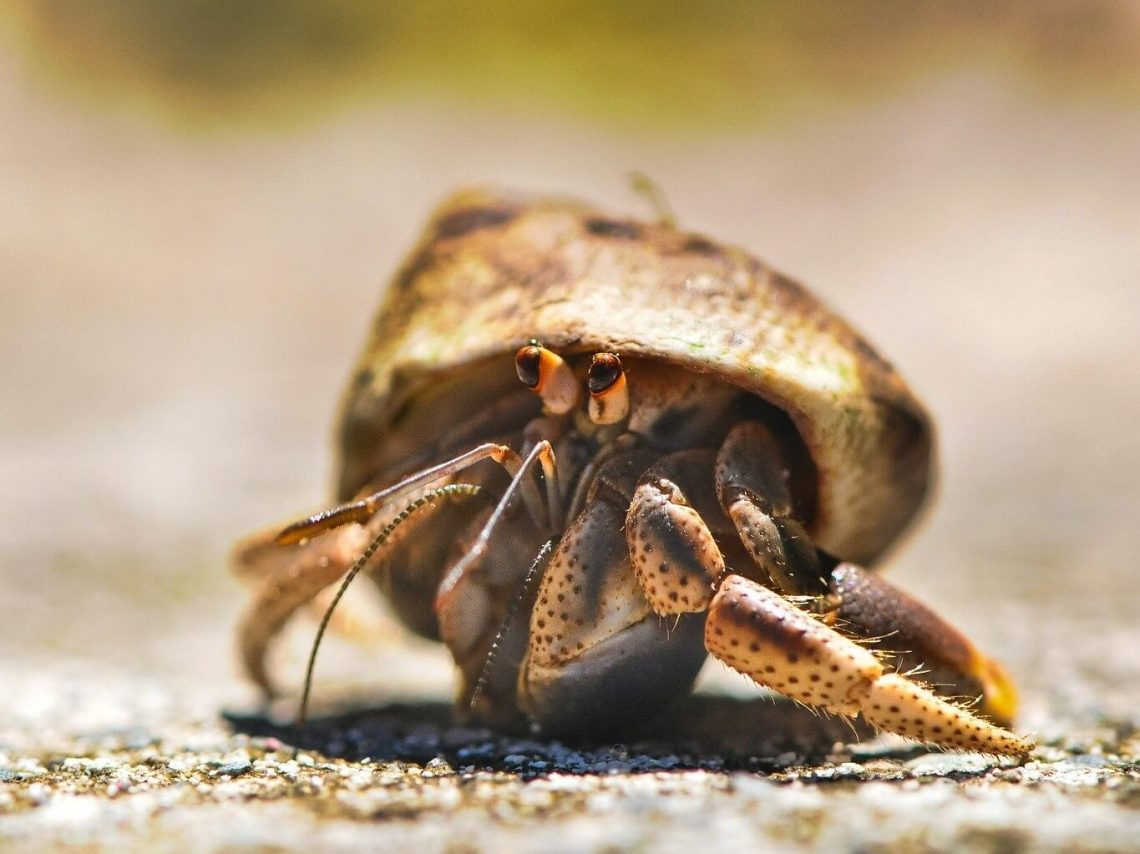
Citizen Science for Conservation: Getting Involved
What is Citizen Science?
I always fancied being a field scientist. The idea of getting out in nature and being able to contribute to scientific understanding…what could be better? Citizen science allows us all to step into their shoes for a few minutes.
Citizen science projects use the interested public to collect data to contribute to real scientific studies.
What Qualifications Do I Need?
If you follow my Instagram you might have seen that back in August I recommended taking 15 minutes out of your day to join the Big Butterfly Count with Butterfly Conservation.
If you took part in that… you’re a citizen scientist! Congratulations!
The good news is, you need NO qualifications WHATSOEVER to take part. Anyone can join in!
Usually you won’t need any specialist equipment either, besides perhaps an internet connection*.
How Do I Get Involved?
Well as you might imagine, you’re in luck! I’m about to give you some suggestions of starting points to consider.
I’m pretty sure you’ll find something here to tickle your fancy, but if not, a quick Google search of a charity or organisation followed by “citizen science” will probably throw up some possibilities.
I’ll try to keep sharing projects as and when I spot them coming up and share them on Instagram, so if you’re interested, make sure you’re following me there for updates.
Citizen Science Projects
1. The Wildlife Trusts
If you read my nature recovery network article you might know by now that I am a massive fan of the Wildlife Trusts and I HIGHLY recommend joining your local trust if you haven’t already.
They do SO much great work for nature in Britain, and offer tonnes of ways for the likes of you and I to get involved.
Helpfully, they have created a whole citizen science page full of possibilities!
Why not head to your local coastline and take part in “Shoresearch”? This project asks volunteers to head to their nearest intertidal zone (sometimes submerged underwater, sometimes not, depending on the tide) and record the species you find there.
Basically, have a day rock pooling… but write it down in the name of science! Sounds like my dream day out to be honest.
You can help scientists to detect changes in our seas or new invasive species (we’re coming to those in October) at an early enough to do something about it.
If you can’t get to the sea or it’s just not your thing then fear not! There are a wealth of other area-specific projects to join in with, with survey subjects ranging from reptiles to rivers and bats to birds.
2. RSPB
Each year, the RSPB runs perhaps the most well known citizen science project in the UK. Big Garden Birdwatch can attract half a million citizen scientists, gathering data from the comfort of their own homes.
Participants birdwatch in their garden for an hour over one weekend, then report their findings.
The 2020 event took place in January. Keep your eyes peeled for 2021!
3. Marine Conservation Society
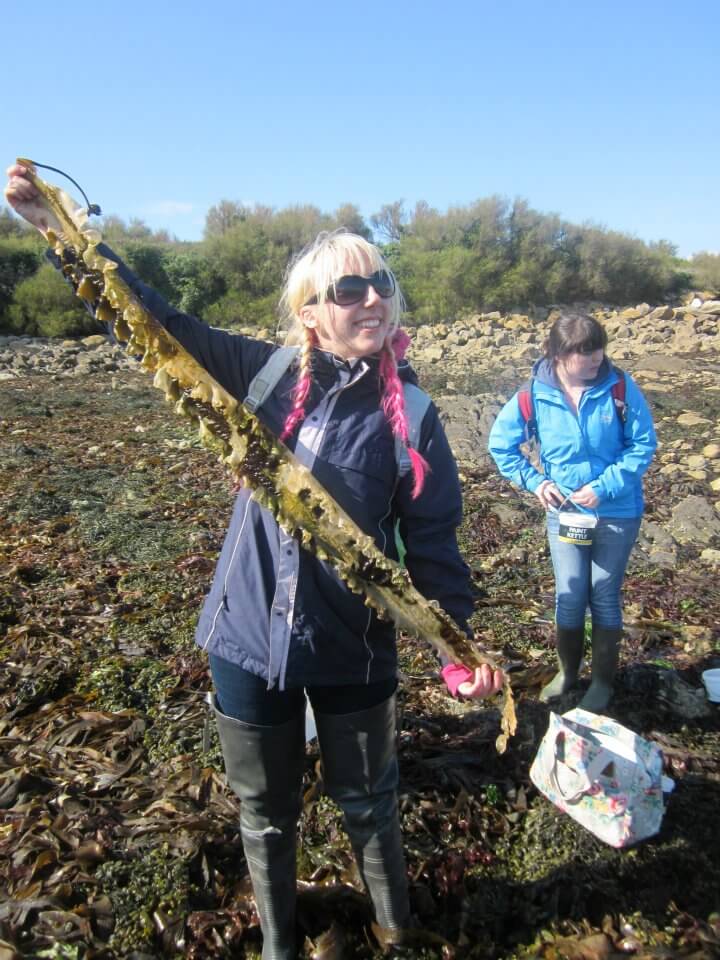
For most of us, the marine environment is hidden from view. I think that’s what makes it so interesting to so many of us.
But the Marine Conservation Society has a project we can all get involved in: Big Seaweed Search.
Across most of our coastline, seaweed is not exactly hard to come by! Take a look for one of 14 species. In a future post-Covid world you should be able to get your hands on a Seaweed Search Guide but for now, you can use this recording form to find out which species to look for.
Their research guide explains exactly what to do and how the research will contribute to studies into ocean acidification, sea temperature rise and the arrival of invasive species.
4. Zooniverse
If the outside isn’t for you (and let’s be honest, the days are already getting shorter and Christmas will no doubt be hitting the shops any day now), I have an completely different idea for you.
Zooniverse is a citizen science website used be researchers across many disciplines, not just conservation science.
You can contribute for 10 minutes, 10 hours or 10 days. You can choose from a HUGE range of studies to help out on. It can be done anywhere, by anyone, anytime. I LOVE it.
Mostly, you’re helping to teach algorithms to recognise various things in pictures. My favourite project so far has been identifying racoons and other nocturnal urban wildlife.
One Wild Thing
Pick a project… and have a go!
If you can get out to the coast, do a Shoresearch or a Big Seaweed Search.
Have a browse of The Wildlife Trust’s citizen science page to look for projects near you.
Watch this space for future projects and updates!
Or if you’d rather stay inside, sign up to the Zooniverse and browse some projects!
Go forth, citizen scientists!
*Some marine projects will involve scuba divers who clearly do have qualifications and do require specialist equipment, but I’ve deliberately not included those here.



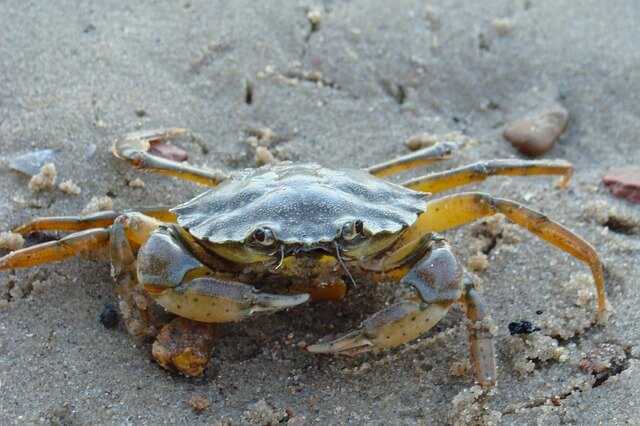
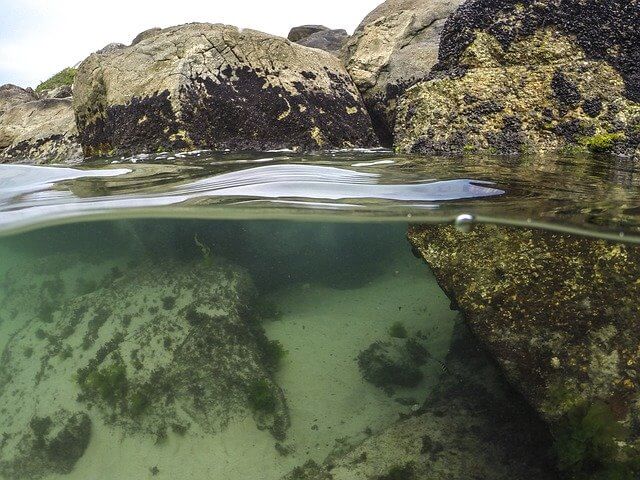
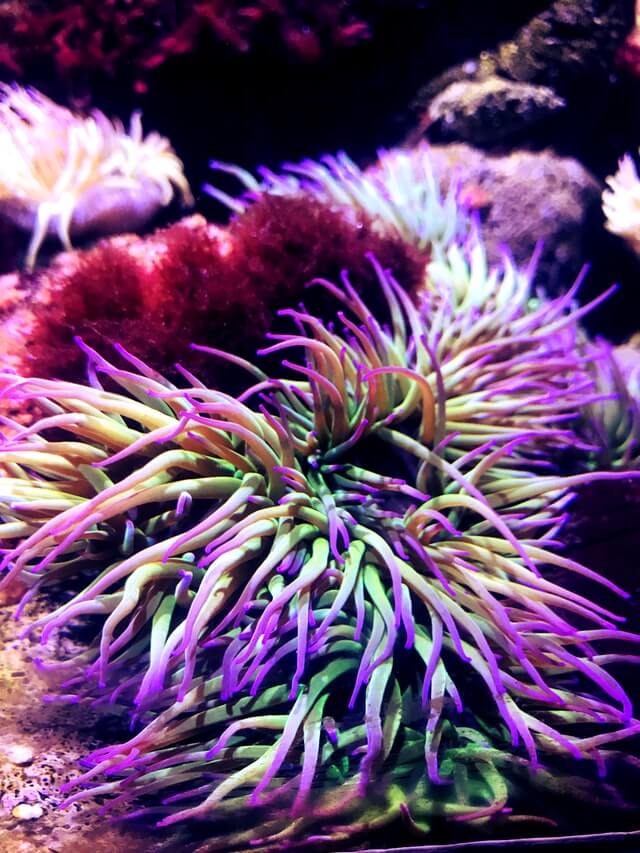
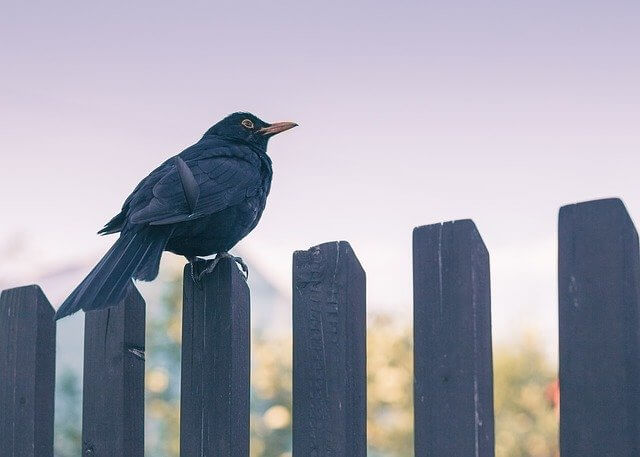
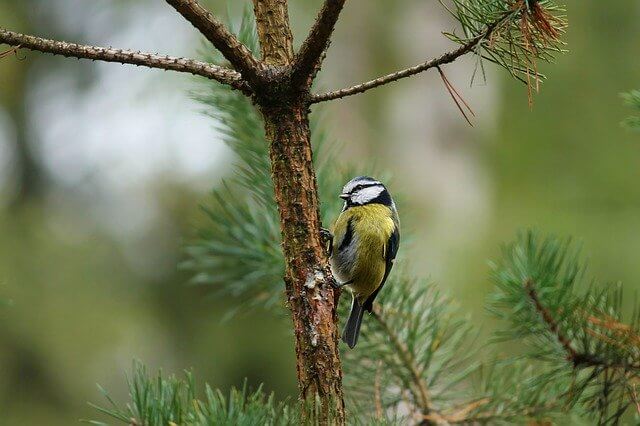
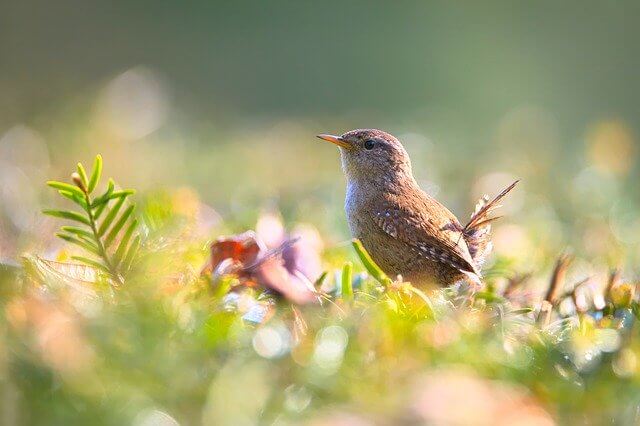



One Comment
Pingback: